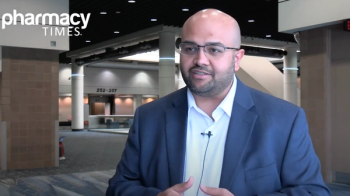
Pharmacists are essential members of the patient care team, leveraging technology like automated IV compounding to standardize processes.

Pharmacists are essential members of the patient care team, leveraging technology like automated IV compounding to standardize processes.

Pharmacists play a crucial role in promoting the appropriate use of broad-spectrum antibiotics to prevent antimicrobial resistance and improve patient outcomes.
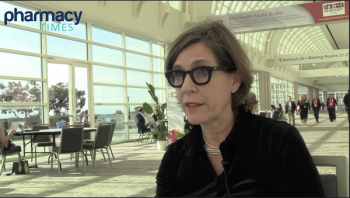
Sonja Zweegman, MD, PhD, explains the improvements in minimum residual disease negativity found after treatment with daratumumab and the VRd regimen in patients with newly-diagnosed multiple myeloma who are transplant-ineligible.

Luca Bertamini, MD highlights the potential clinical implications of using circulating tumor cells as a biomarker in patients with newly-diagnosed multiple myeloma.
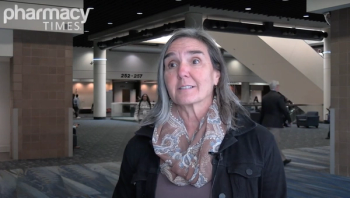
The primary challenge facing rural pharmacies include recruitment and retention of staff, the need for pharmacists to handle multiple roles and expertise, and the impact of burnout and stress.
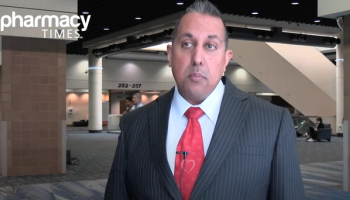
Snehal Bhatt emphasizes the need for patient-specific risk assessment and a thoughtful approach to balancing aspirin's benefits and bleeding risks as new treatment options become available.
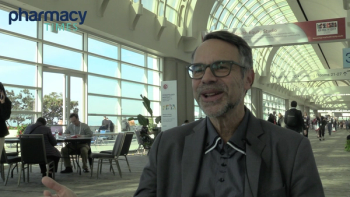
Ira Zackon, MD explains his analysis of bispecific antibody utilizaton for relapsed or refractory multiple myeloma in community oncology centers.
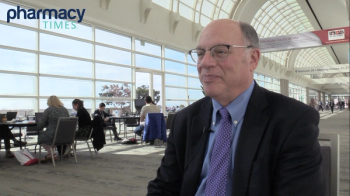
Robert Rifkin, MD, FACP, discusses multiple abstracts featuring drugs demonstrating efficacy in patients with relapsed/refractory multiple myeloma.

Shirley D'Sa, MD, highlights the long-term efficacy and tolerability of zanubrutinib in patients with Waldenström macroglobulinemia, as seen in the long-term extension of ASPEN.
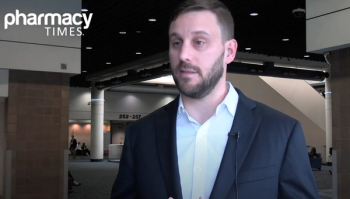
Both statins and newer non-statin medications are important in combination to effectively lower atherogenic lipid levels and reduce cardiovascular risk.
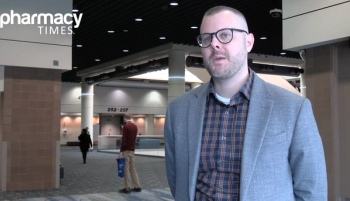
Pharmacists can leverage continuous glucose monitoring data to personalize diabetes management, overcome clinical inertia, and improve glycemic control for patients.
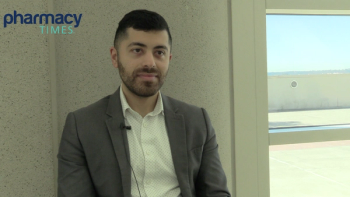
Amir Ali, PharmD, BCOP highlights the success of shorter-treatment duration venetoclax in patients with acute myeloid leukemia and efficacy of pre-transplant blinatumomab in those with acute lymphocytic leukemia.

Rakesh Popat, MBBS, PhD explains the mechanisms of action behind the improvement in minimum residual disease in patients with lenalidomide-refractory multiple myeloma with cilta-cel compared with standard of care.

Jason Wang, MD highlights the reduction in incidence and severity of adverse events such as cytokine release syndrome and ICANS following axi-cel treatment in patients with R/R LBCL.
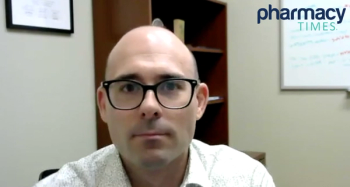
Donald Moore discusses some of the obstacles that bispecific antibodies have faced in community cancer centers, including misconceptions coupled with a prevalent toxicity profile.

Jose Tinajero discusses how certain mutations can be indicators of blinatumomab treatment failure in patients with B-cell acute lymphoblastic leukemia.

Mazyar Shadman, MD, MPH, discusses the continued efficacy of zanubrutinib in patients with chronic lymphocytic leukemia.

Al Carter of the National Association of Boards of Pharmacy speaks on recent initiatives to address workforce burnout and stress among pharmacists.

Expert discussed benefits of precision oncology treatments that utilize thousands of biomarkers to design personalized treatment plans.

The workshop addressed trends, initiatives, and regulations for quality compounding.

Lenora Newsome, PD, president of the National Association of Boards of Pharmacy, explores how pharmacists can support mental health.

Harpreet Bhatia, MD, MAS, FACC, discusses emerging new approaches to lipid lowering therapies.

Rachel Chandra, PharmD, MPH, FASHP, shares insight into the VALOR-QI program.

Rachel Chandra, PharmD, MPH, FASHP shares methods for improving adherence to lipid lowering therapies discussed at the AHA 2024 Scientific Sessions.

Christian Ruff, MD, MPH shared the results of the AZALEA-TIMI 71 trial.

Leonard Egede, MD, MS, FACP discussed the association of historical redlining and contemporary structural racism on life expectancy.

Rebekah Walker, PhD raises awareness of the long-lasting health implications caused by historic redlining.

Milind Desai, MD, MBA shares insight into the REMS program for patients with obstructive hypertrophic cardiomyopathy.

Craig Beavers, PharmD, FACC, FAHA, FCCP, BCCP, CACP will be moderating a session about social determinants of health and heart failure.
